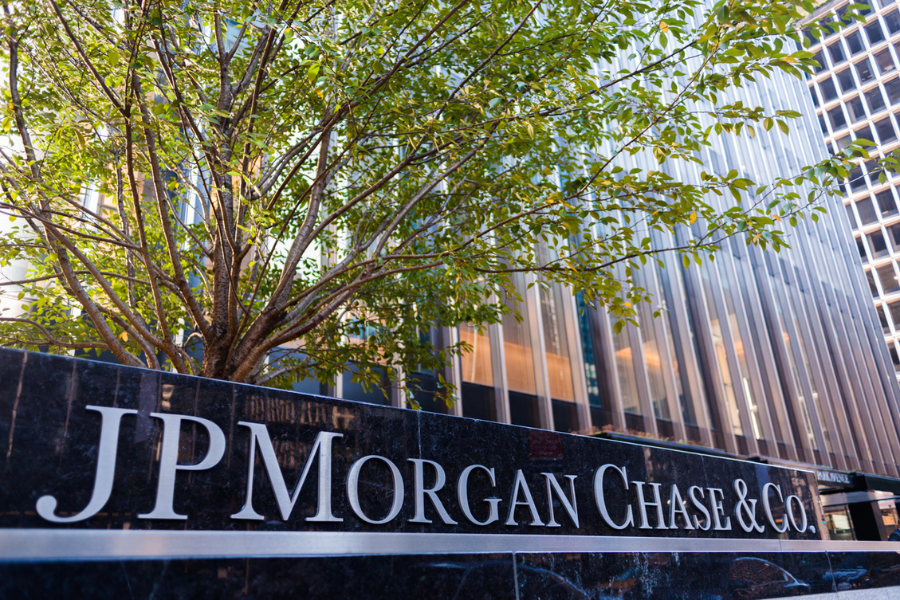

JPMorgan Chase & Co.’s asset management arm has created a new European money market fund focused on public debt, a kind of investment that largely disappeared when interest rates were negative.
The fund, which opened this week with €500 million ($544 million) in assets, will buy only government or sovereign-backed securities. Clients have asked for this because they can now get good yields from safe public sector assets without needing bank bonds, which are typically used in the region’s money-market funds, said Jim Fuell, who heads liquidity sales across Europe and Asia for J.P. Morgan Asset Management.
The strategy is relatively rare. There are only 11 euro money-market funds with a government focus out of the 120 tracked by research provider Crane Data. Fuell said there’s also demand from investors who are nervous about bank debt in the wake of the high-profile collapses of Silicon Valley Bank and Credit Suisse last year.
“There’s an element of clients who want to take risk off the table,” said Fuell in an interview. “That aversion to bank risk is something I think continues to resonate again with the likes of SVB and Credit Suisse featuring in 2023.”
There’s been an explosion of interest in money markets more broadly after aggressive hiking cycles by the Federal Reserve and European Central Bank. The higher rates now on offer mean such funds effectively combine the yields of bonds with the safety of cash.
In the euro area, money market funds held over €1.7 trillion in assets at the end of 2023, surging 13% from a year earlier. In the US, more than $6 trillion has flooded into such funds as short-term rates remain above 5%.
A majority of US funds have always been only focused on government bonds, given the sheer size and liquidity of the Treasury market. By contrast, when the ECB cut interest rates below zero in 2014, European money managers were forced to lean more heavily on short-term bank debt to boost returns.
J.P. Morgan Asset Management last ran a government-only euro money market fund before the era of negative rates started in Europe. That subsequently merged with another fund, and the strategy “substantially just disappeared” market-wide, Fuell said.
“Ten years ago there was a core group of investors whose policies permitted only the utilization of government-style funds and those are the types of clients who are back looking for that product now,” he said.
Other fund managers have noticed similar interest from investors. David Gorgone, a portfolio manager for money markets and short-duration bonds at Geneva-based Pictet Asset Management, has seen increased demand from European clients, with his sovereign euro strategy more than tripling in size to over €2.8 billion since the start of 2023.
“It enhances the liquidity profile, reduces the counterparty risk without giving up too much yield, and allows investors to diversify from the banking sector,” Gorgone said.

Relationships are key to our business but advisors are often slow to engage in specific activities designed to foster them.

Whichever path you go down, act now while you're still in control.

Pro-bitcoin professionals, however, say the cryptocurrency has ushered in change.

“LPL has evolved significantly over the last decade and still wants to scale up,” says one industry executive.

Survey findings from the Nationwide Retirement Institute offers pearls of planning wisdom from 60- to 65-year-olds, as well as insights into concerns.
Streamline your outreach with Aidentified's AI-driven solutions
This season’s market volatility: Positioning for rate relief, income growth and the AI rebound
